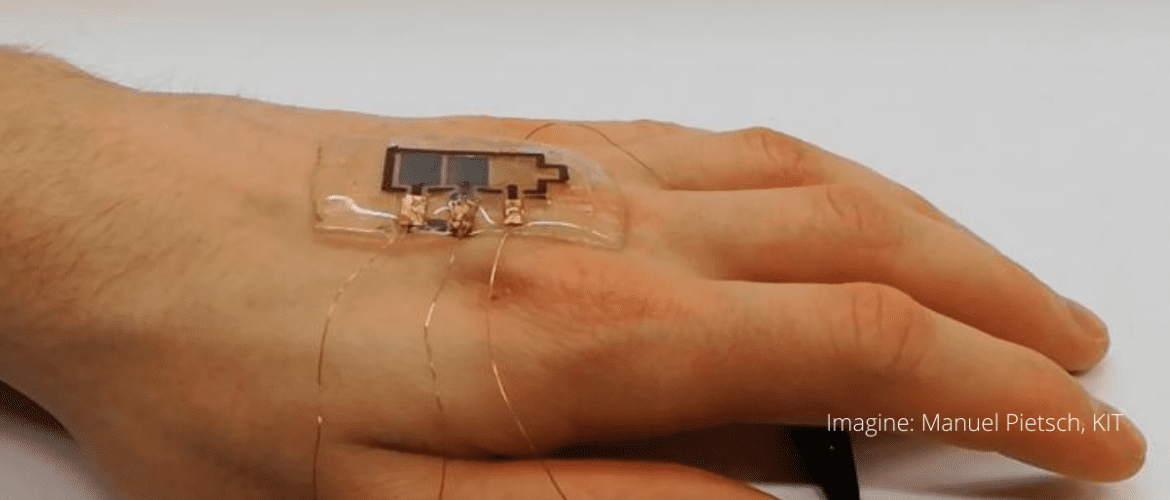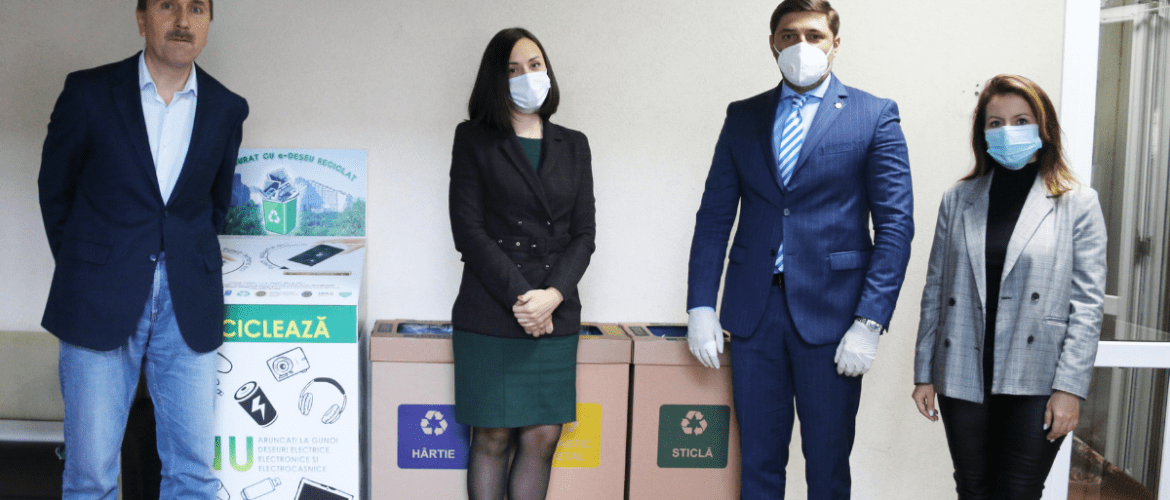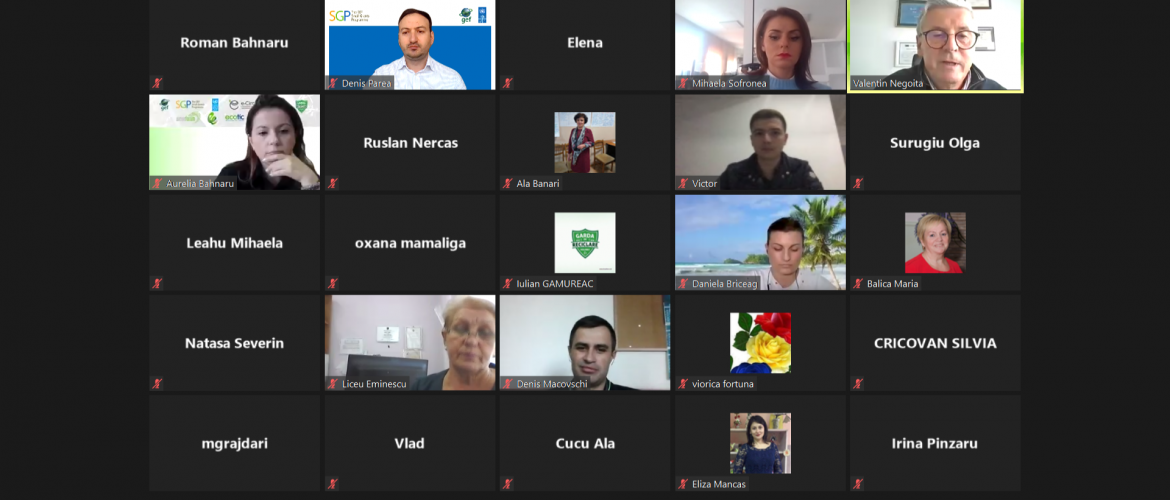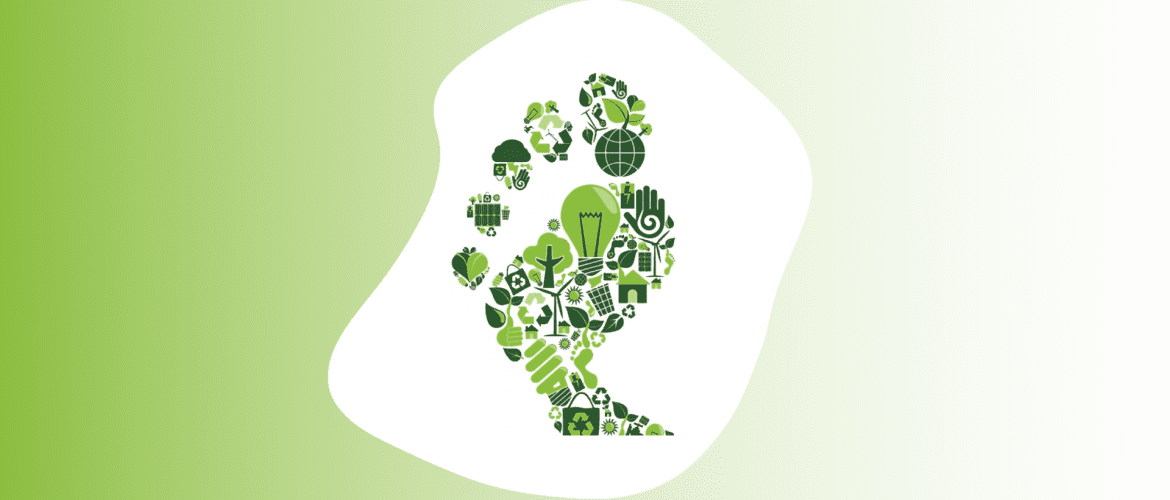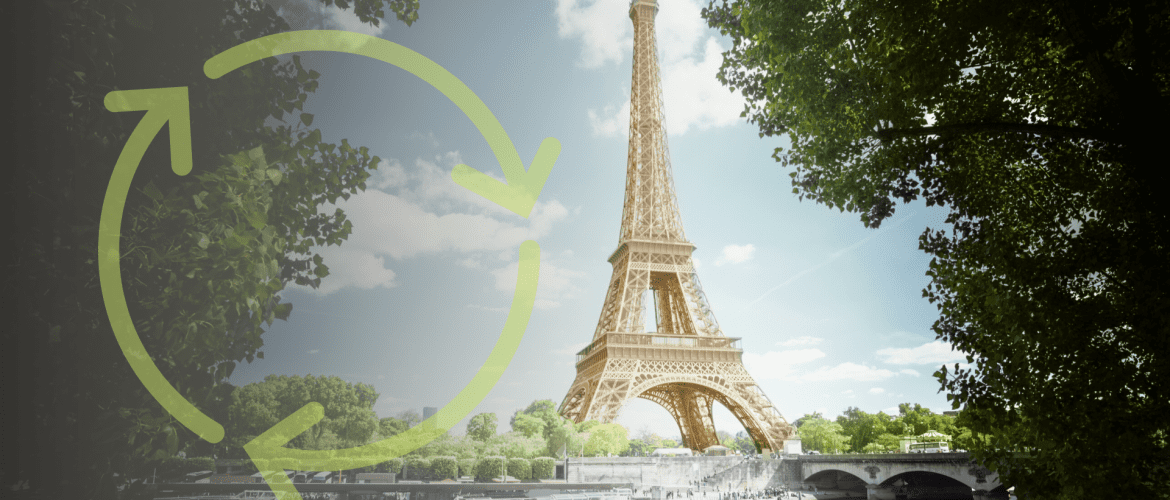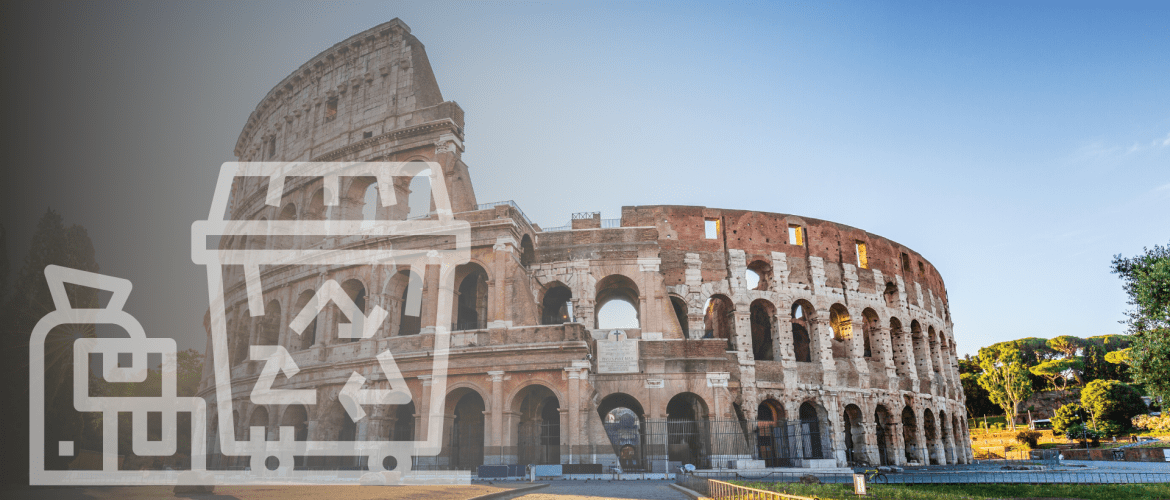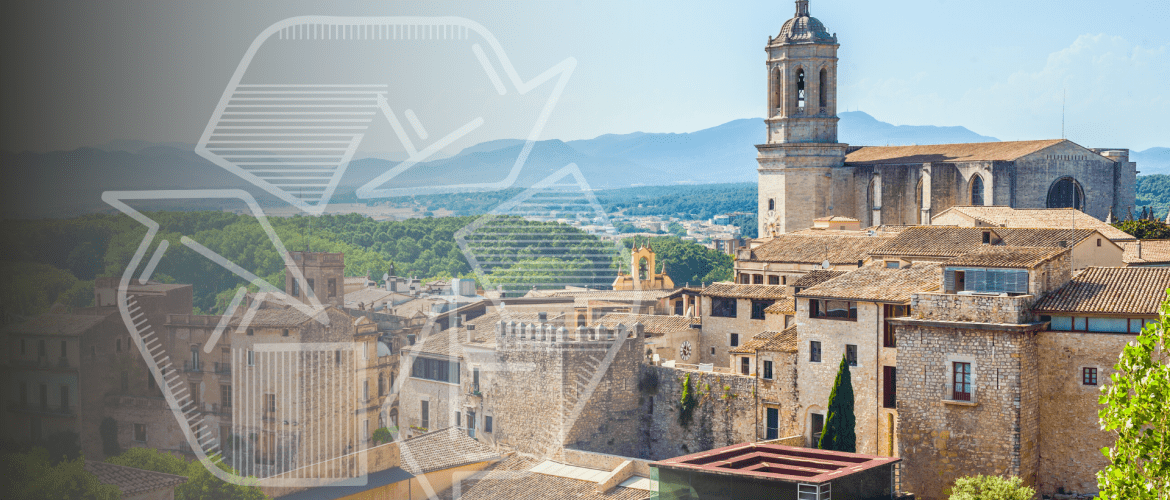In the coming years, the increasing use of electronic devices in consumables and new Internet of Things (IoT) technologies will increase the amount of e-waste. To save resources and minimize waste volumes, greener production and a more sustainable life cycle will be needed. Scientists from Karlsruhe Institute of Technology (KIT) were the first to produce displays (screens), the biodegradability of which was verified and certified
Today, in the context of EUGreenWeek2020 (European Green Week 2020 in the Republic of Moldova), which takes place between October 19-23, 2020, AO Association for Waste Recovery together with ABS Recycling officially joined the launch of the campaign for the selective collection of recyclable waste within the Ministry of Agriculture , Regional Development and Environment (MADRM) and the Ministry of Foreign Affairs and European Integration. The aim of this campaign is to educate responsible behavior in relation to the waste generated among employees working in these ministries, promoting
Today, October 15, AO Association for Waste Recovery started the online conference "DeeeEDU: Through EDUcation we save the new generations" with the aim of discussing the most urgent problems related to the management of WEEE and the new challenges with the outbreak of the COVID-19 pandemic and respectively the even more accelerated growth in the following years of the amounts of WEEE generated, this while recycling rates remain very low. The event was attended by several experts in the field from
An important tool to achieve environmental policy objectives related to climate change, resource use and sustainable consumption and production – especially given the importance of public sector spending on goods and services in Europe is Green Public Procurement (GPE). The principles and definition describing the concept of green public procurement (GPP) were detailed in the press release (COM (2008) 400) "Public procurement for a better environment". These meaning "a process by which public authorities do
From childhood we were taught to eat everything from the plate, the luckiest can share the leftovers with the animals in the yard, but with increasing urbanization and industrialization, the problem of food waste has become a palpable and even pressing one. We produce more than we consume, and in the end, organic waste along with plastic and other substances pollute the environment intensely. We started to promote the superficial perfection of products, packaging and forgot to check what is really nutritious and
Pay-as-you-throw (PAYT) is another economic tool that aims to raise consumer awareness of the fact that waste costs, while also aiming to induce the same behaviors such as reducing waste generation, increasing recycling and reducing landfill quantities. In Italy, the public company The counter uses the PAYT ("Pay-as-you-throw") system, which involves charging based on the actual amount that a household or person generates. The counter serves 554,000 inhabitants in the Veneto region of Italy. So,
In 2018, EU member states agreed on a comprehensive set of laws aimed at preventing the creation of household waste and boosting recycling. The new laws transpose the provisions of the 4 EU directives: Directive 2008/98/EC on waste (WFD), Directive (EU) 2018/850 on landfills (LD), Directive 94/62/EC on packaging and packaging waste ( PPWD) and Directive (EU) 2019/904 on reducing the impact of certain plastic products on the environment. All member states are expected to reflect agreed EU laws in

